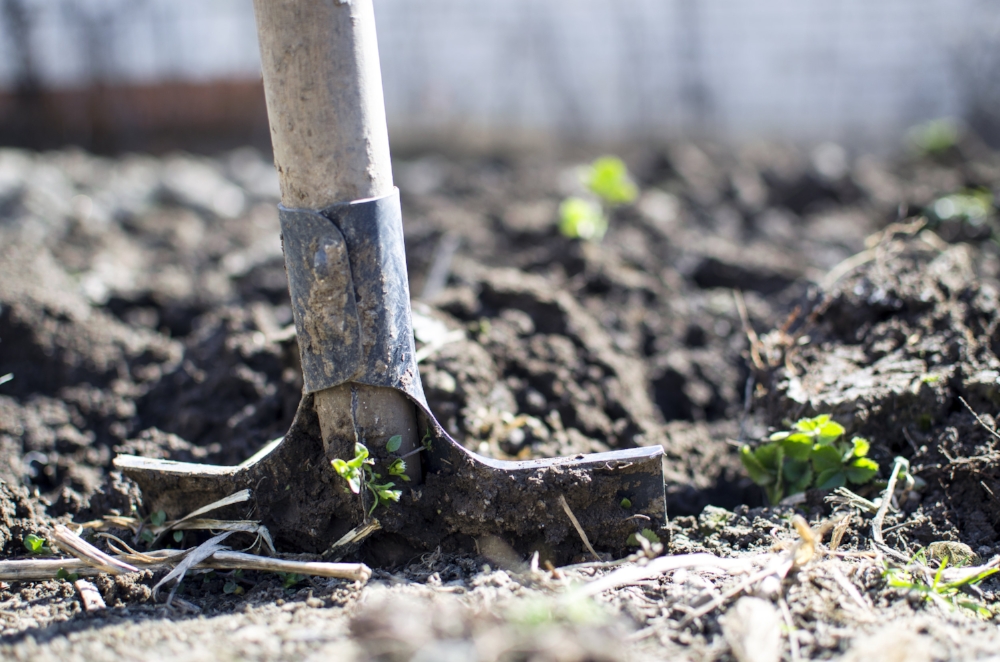Cancer Victory Garden
Do you plant a garden? We planted a variety of lettuce greens last year and amazingly a few have come back this year (I didn’t know those plants would do that!). We had a very mild winter so that may have had something to do with it. It is incredible how much better vegetables and herbs taste when they have just been picked!
Have you heard of a Cancer Victory Garden? Victory gardens themselves were first promoted after World War II. Extension agents provided seeds, fertilizer and garden tools to citizens to help with the war effort. In 1943 the USDA estimated that 20 million victory gardens produced more than 40% of the vegetables grown for that year’s consumption.
Today a Cancer Victory Garden can be a personal or even an institutional garden planted by various people – cancer patients and survivors, caregivers, or health care professionals – to grow fruits, vegetables and herbs for health. One description I’ve read about Cancer Victory Gardens was that by having one you are “planting seeds of hope” for cancer patients. I just love both the intent of a cancer victory garden and of course, the outcome!
A Cancer Victory Garden can help the body, mind and spirit.
Body – According to the American Institute for Cancer Research about one-third of the most common cancers can be prevented by being physically active, eating a healthy plant-based diet and maintaining a healthy weight. Growing your own fruits and vegetables can help lead to an increased intake of these foods and also provides an opportunity for exercise with planting, tending and harvesting.
Mind – Being outside aids in appreciating nature as well as having the accomplishment of growing foods to eat. For those who aren’t knowledgeable about gardening it provides the opportunity to learn something new. At institutions or in community settings working together on a garden can help people make friends and strengthen communities.
Spirit – Many view gardening as therapy and experience the same effects as they do with meditation and yoga.
Interested in starting a garden? Find out what help is available in your area. Today there are almost 3000 extension offices. Many of these have a Master Gardener Program with individuals who have been trained by extension agents. They volunteer their time and conduct educational gardening programs, answering calls and questions. Many gardening centers and home improvement stores have workshops and classes too.
Not interested in planting a garden? Get involved in a co-op, frequent farmers markets, check to see if there is a local fruit and vegetable box delivery in your area or even just plant some herbs in pots to season grocery store produce. By the way, rosemary is a very hardy herb. My rosemary plant gets very little attention but still flourishes!


